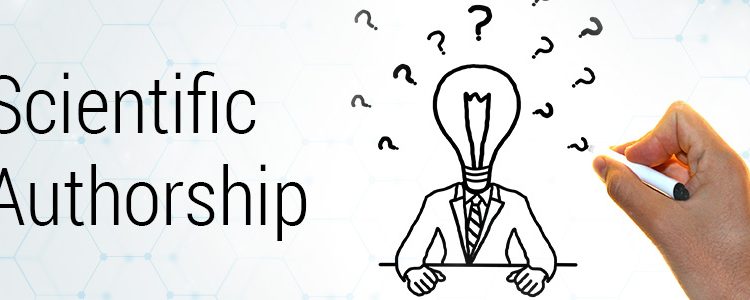How we can view authorship to help examine scientific status helps to describe the scientific capital of the phrase. The difficult task to tackle is the fact there is no analysis on the validity of the corresponding authorship metdata in specific databases.

This paper presented by Zaida Chinchilla-Rodríguez, Rodrigo Costas, Nicolás Robinson-García, and Vincent Lariviere further explains differences in the corresponding authorship metadata by using Web of Science (WoS) and Scopus.

These two databases are used to present the relationship between author position and corresponding authors. These topics are examined by discipline, country, and changes in the position of corresponding authors over time.
The finding result was that WoS and Scopus both have accuracy issues when corresponding authors is the given task. It should also be noted that the amount of authors with reprints for a given document has increased over time, but WoS is seen to identify those papers more often than Scopus. The two databases draw significant contrasting ways of functionality.
To read more check out the fully summarized paper that debriefs further upon corresponding authors and different fields of study discussed including Medical, Natural & Engineering fields. The results that were found reinforce the importance on how important databases are in research assessment.

We hope you enjoyed reading small parts of this paper and hope to update you with more information soon!
| Chinchilla-Rodríguez, Z., Costas, R., Robinson-García, N., & Lariviére, V. (2023). Examining the quality of the corresponding authorship field in Web of Science and Scopus. Quantitative Science Studies https://digital.csic.es/handle/10261/338117 |
